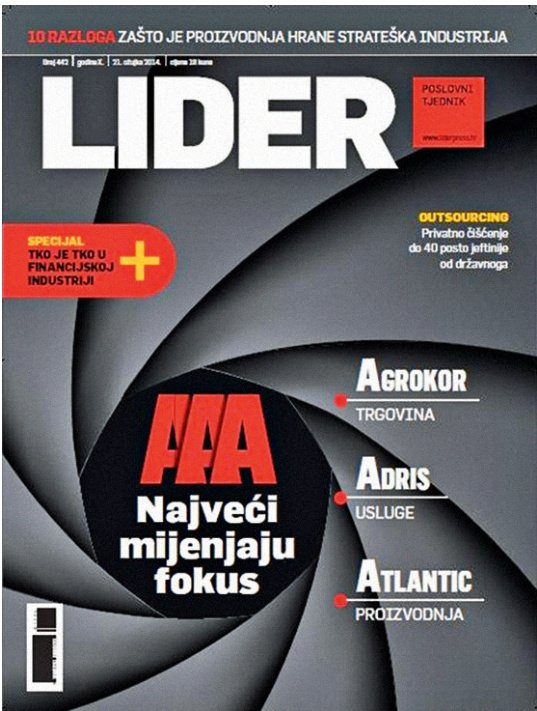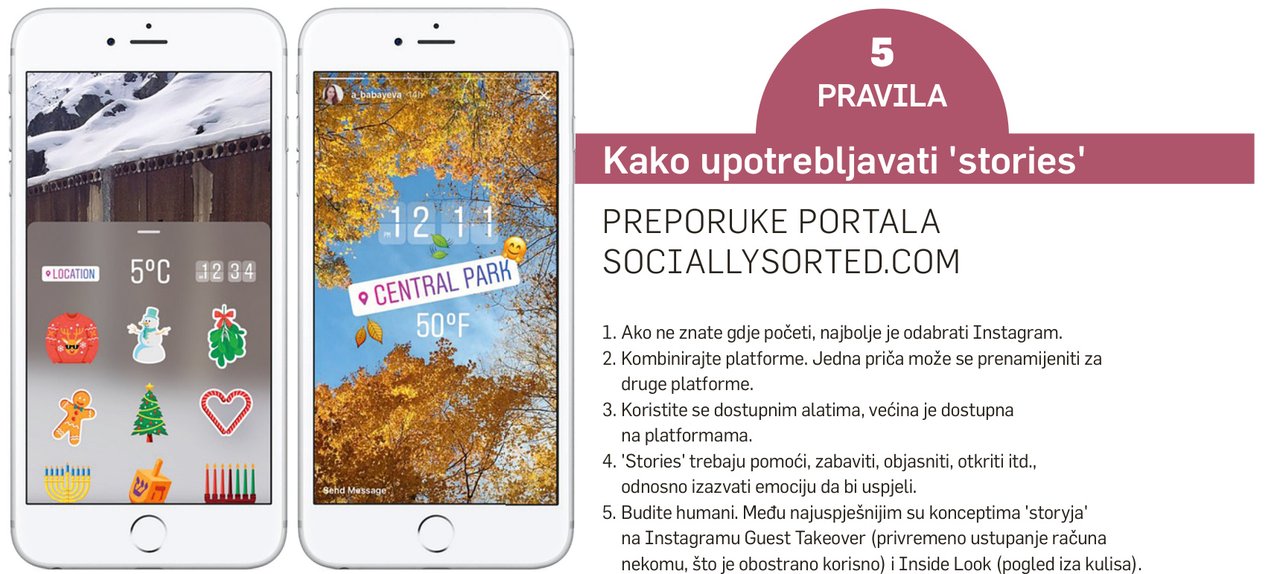The British are famous for their understatement, to referring to major problems as a matter of bother for example. The words like fairly, quite, rather and pretty all translate as prilično in Croatian. Are they all more or less synonymous? These four adverbs can be rather confusing, as they all describe a medium or moderate point on a scale, somewhere between not and very. So how are they different?
Fairly is the least of the four, it modifies adjectives and adverbs, but does not suggest a very high degree. For example: How was your trip? Fairly good, but not the best I’ve ever been on, or I speak English fairly well, but I’m not fluent. It is very important to note that if you say for your colleague that he or she is fairly good at what they do, they might not be very happy! Use fairly after a: She’s a fairly good manager.
Quite indicates a higher degree than fairly, though there is no great difference: How was your trip? Quite good, I enjoyed it, or I speak English quite well, I’ve been studying it for quite some time. Often the difference is that quite has a more positive connotation than fairly. This is also true when comparing quite to rather – rather is often used to imply a negative quality: I thought the meeting was rather dull and boring. Really? I found it quite interesting actually. If you use rather with a positive comment, it means better than you thought, or more than usual, and it is rather stronger than quite: How was your trip? Rather good actually, I did not expect much so I was pleasantly surprised.



